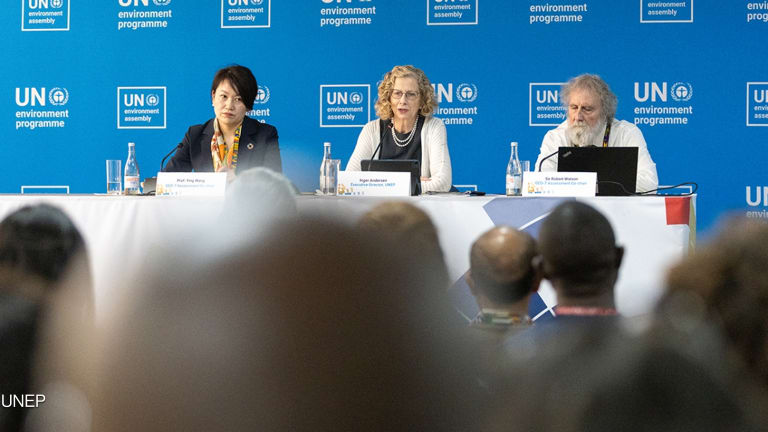In a rare consensus, 194 countries successfully prepared and completed the final negotiating text — and the possible blueprint — for a new global climate agreement that is expected to be adopted in Paris by the end of the year.
Considered a “key milestone toward a new [and] universal” global climate agreement, the text agreed in Geneva, Switzerland, is a heavily expanded version of a draft that came out of December’s climate change conference in Lima, Peru. According to Christiana Figueres, U.N. Framework Convention on Climate Change executive secretary, it now “contains the views and concerns of all countries” and “enjoys the full ownership of all countries.”
The 86-page negotiating document has provisions for mitigation, adaptation, finance, technology and capacity building, which some experts contend have been watered down. While the final text is expected to be adopted by the end of the year, the agreement will come into effect only after five years.








